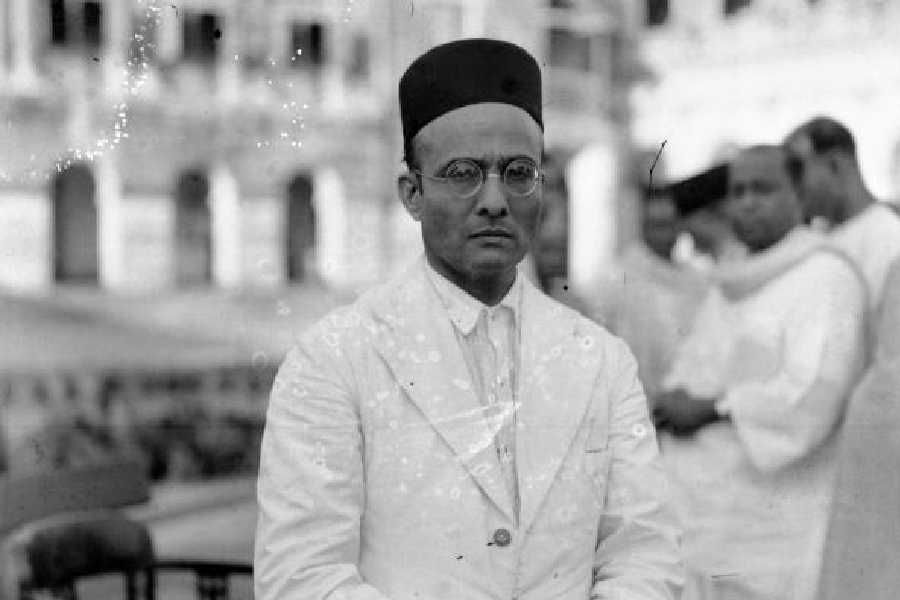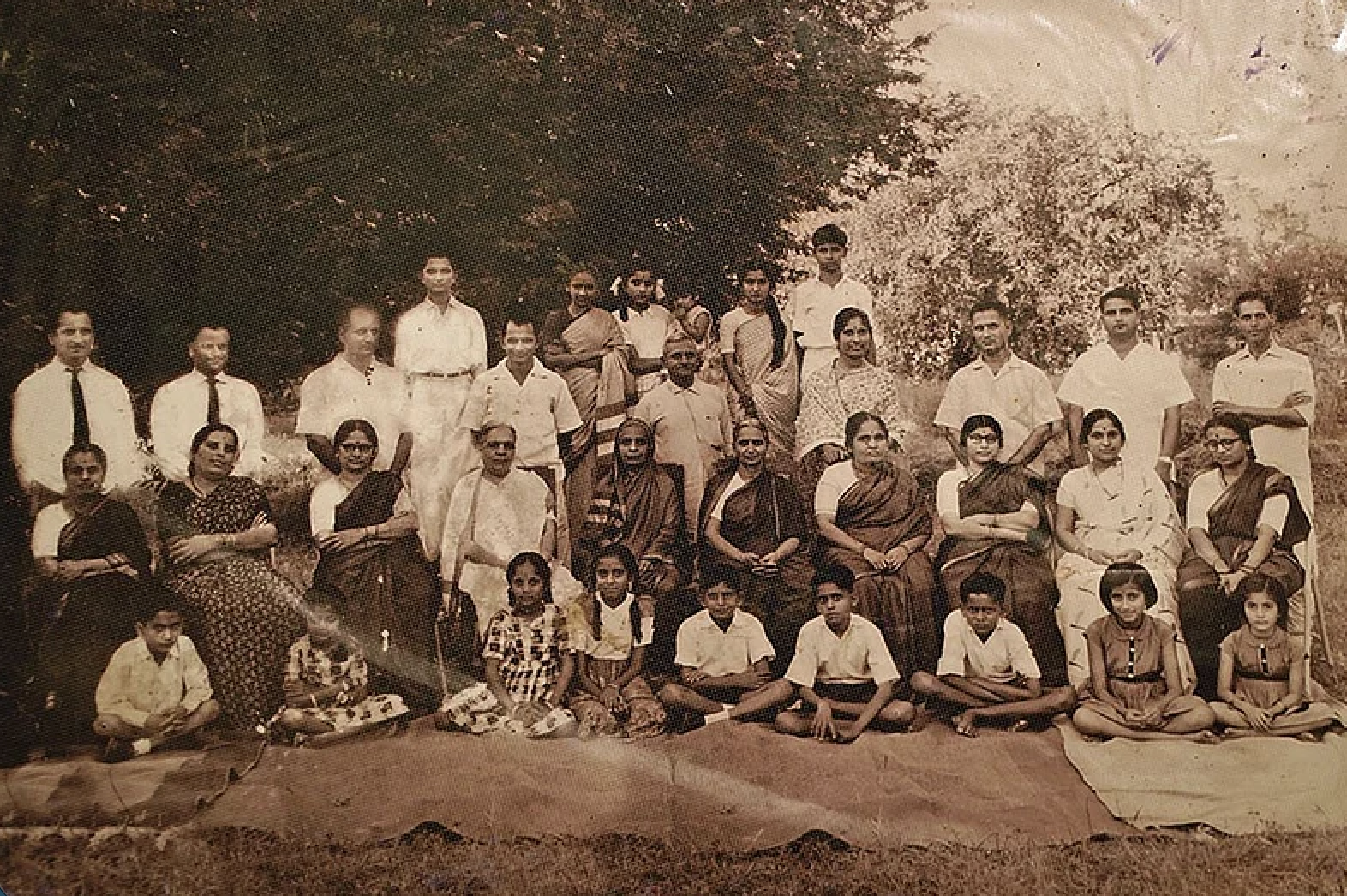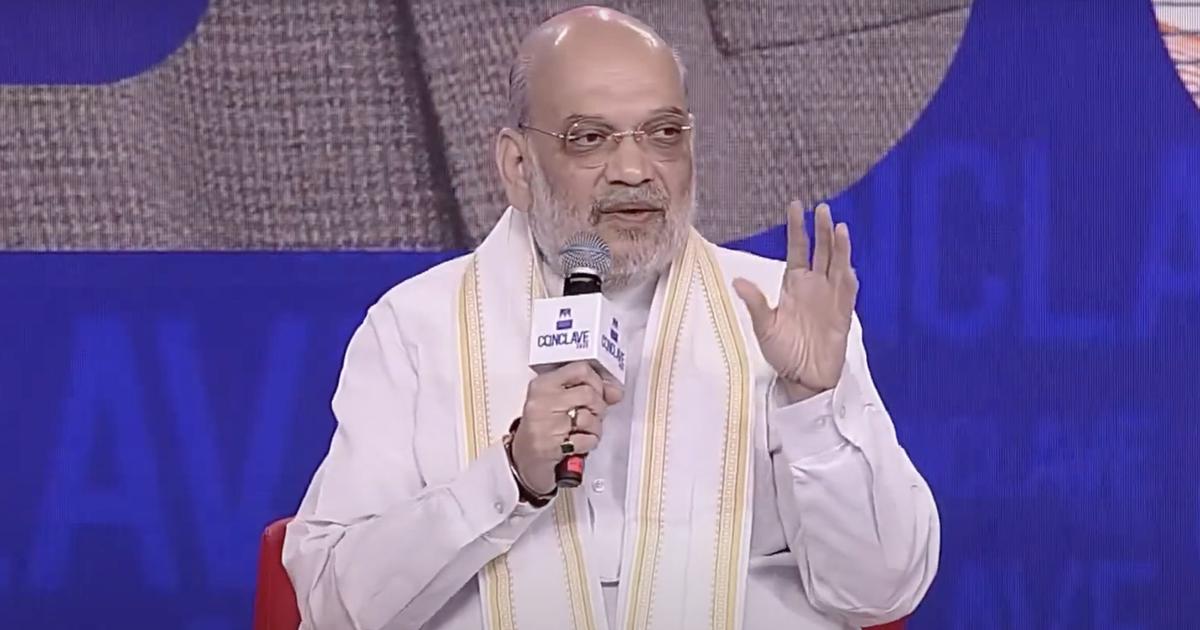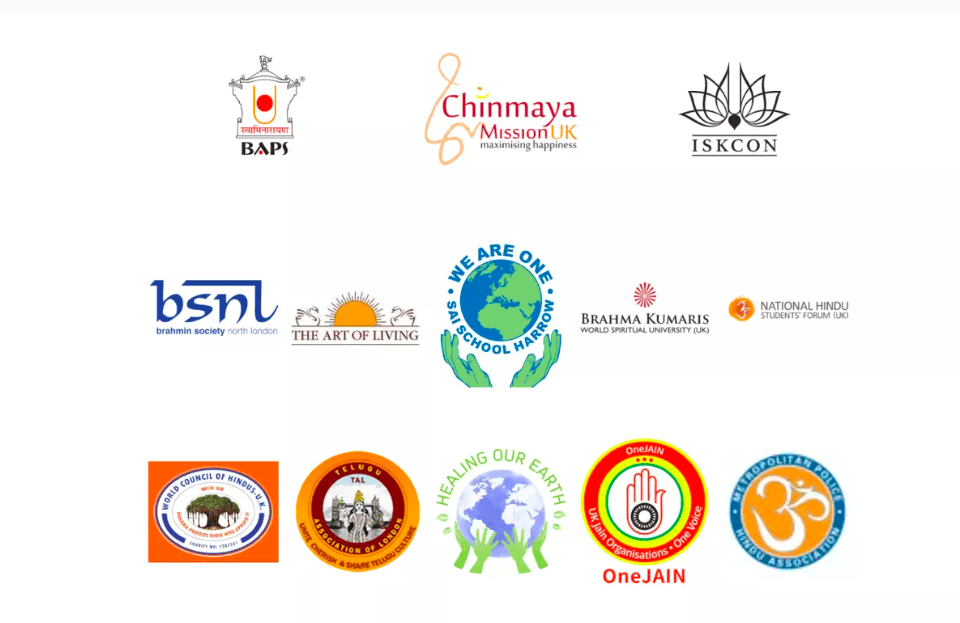
By the South Asia Scholar Activist Collection (SASAC)
The South Asia Scholar Activist Collective (SASAC) – a coalition of US-based scholars with extensive expertise in South Asia and the Indian American diaspora – has issued warnings against legislative efforts at local, state, and federal levels to introduce the discredited, far-right concept of “Hinduphobia.” This term was popularized and promoted by far-right Hindu nationalists whose aims are fundamentally at odds with the principles of a democratic society. In 2021, SASAC first cautioned against this concept, including it in our Hindutva Harassment Field Manual, highlighting how far-right groups and individuals use it to target US-based scholars and students. The notion of “Hinduphobia” is based on the demonstrably false premise that Hindus have faced systemic oppression throughout history. While anti-Hindu bias can be real and painful in individual cases, it is neither systemic nor entrenched in modern society, whether in India or the United States.
The term “Hinduphobia” attempts to mimic and thus undermine “Islamophobia,” a genuine and pervasive issue in contemporary America. This tactic is akin to far-right claims of anti-white racism in the US, which aim to invalidate the serious issue of anti-black racism. Some prefer to use terms like “Hindumisia” or “anti-Hindu bigotry” instead of the discredited “Hinduphobia,” but the effect remains the same. Often, those who allege victimhood from “Hinduphobia” or “anti-Hindu bigotry” are attempting to deflect legitimate criticism of their own discriminatory practices against others of South Asian descent, including Muslims, lower-castes, Dalits, Christians, and progressive Hindus. “Hinduphobia” is also frequently invoked to oppose laws and policies that promote civil rights for all Americans.
In the United States, bills endorsing “Hinduphobia” have generally been advanced with the active collaboration of Hindu supremacist groups, some of which maintain overseas ties. SASAC urges lawmakers to avoid collaborating with such far-right organizations and instead work with broad coalitions of individuals negatively impacted by racism and other forms of bigotry. This approach is essential for pursuing sincere efforts to combat discrimination in the United States.
Additional Resources
- South Asia Scholar Activist Collective, “Hindutva Harassment Field Manual” (2021), link
- Muskaan Arshad, “Unmasking Hinduphobia in the US,” Harvard Political Review (2023), link
- Feminist Critical Hindu Studies Collective, “Hindu fragility and the politics of mimicry in North America,” The Immanent Frame (2022), link
- Sanjay Subrahmanyam, “Inventing a ‘Genocide’: The Political Abuses of a Powerful Concept in Contemporary India,” The Journal of Holocaust Research (2023), link
- Aparna Gopalan, “The Hindu Nationalists Using the Pro-Israel Playbook,” Jewish Currents (2023), link
- Sravya Tadepalli and Sunita Viswanath (of Hindus for Human Rights), “How ‘Hinduphobia’ is being weaponised in the US,” Scroll (2024), link
This story was originally published in southasiacollective.org.






